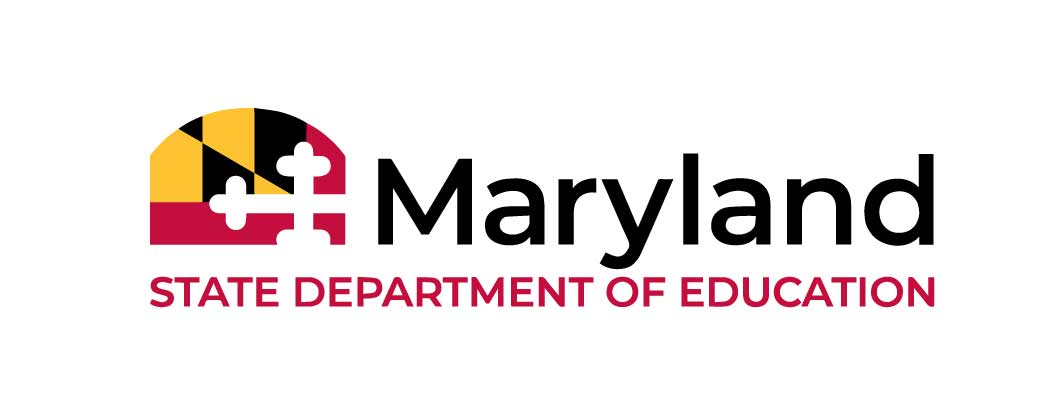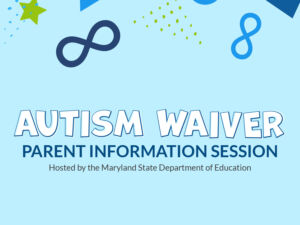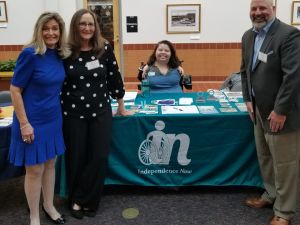Research in Practice- Family Partnerships: Virtual Community Building

Spotlight – Stories from the Field
Melanie Coppola, Prince George’s County Public Schools
Melanie’s Challenge: How can we improve consistent parent-teacher and parent-parent communication in order to build a stronger and closer community within a virtual setting?
Melanie Coppola has promoted family partnership by hosting parent engagement and support groups focused on bringing together the parents and families of students with disabilities in her classes.
Melanie researched virtual parent collaboration and support groups and determined that, in order to increase connectivity in a virtual space, she would host an organized and structured space for parents of her middle school students to connect with teacher(s) and with one another to share strategies, barriers and successes. Melanie provided participants with prompts to facilitate conversations, specifically focused on supporting their children with disabilities during virtual learning in Reading English Language Arts. She also created a discussion board space for parents to post and comment outside of the structured meeting times.
The family member turnout was low for each event, despite multiple outreach efforts so she decided to host office hours instead. Parent Nights may be better utilized with a larger team to include a wider range of teachers and parents. If organized by a larger team (example: 8th grade AVID), parents may be more motivated to attend with the promise of communicating with multiple teachers at once. Additionally, increasing teachers and classes invited may increase attendance numbers. Also, higher attendance numbers may be more easily managed by a team of teachers.
Implementation Plan
Time: Preparation time can vary depending on the content of the meetings and the structure used. Depending on need this meeting could take place every two weeks.
Materials/Resources: Virtual meeting platform, parent contact information (includes valid email addresses), collaborative planning time (if partnering with additional staff), and family resources (access to internet, computer, family support office).
Steps:
- Consult with school leadership to identify appropriate platforms to host meetings (consider social media, virtual meeting platforms as allowable)
- Confirm parent contact information
- Survey parents to identify preferred platform for regular meetings and preliminary topics
- Create a calendar/schedule of meetings (can set as recurring meeting using preferred platform)
- Set up meeting links, send to parents with RSVP
- Created site
- Created presentation
- Created google form for post-sesion feedback (or use what is attached)
- Reminder emails!! Super important (day before or morning of)
- Conduct meeting
- Send follow up google form – thank you for coming, rating of session and request for additional topics
- Review feedback from participants and repeat the process for the next session
Implications for Practice/Conditions for Success
- Leverage a school-wide or team approach to support multiple parent groups consistently or include “teams” of teachers
- Establish this practice at the beginning of the school year, including where parents can expect announcements and opportunities to provide feedback on topics
- Advertise topics ahead of time, this helps with family buy-in and participation/attendance
- For communication, utilize lists such as the “guardian” category of Google Classroom
- Send reminder emails to parents the day before or morning of the session (this increased RSVPs)
- Be flexible – if this structure isn’t working, keep the lines of communication open by hosting office hours!
- Remain consistent in communications and advertising – this will continue to reinforce the resource to parents
- Consider timing based on “events” ie – report cards, progress report time, prior to a break






